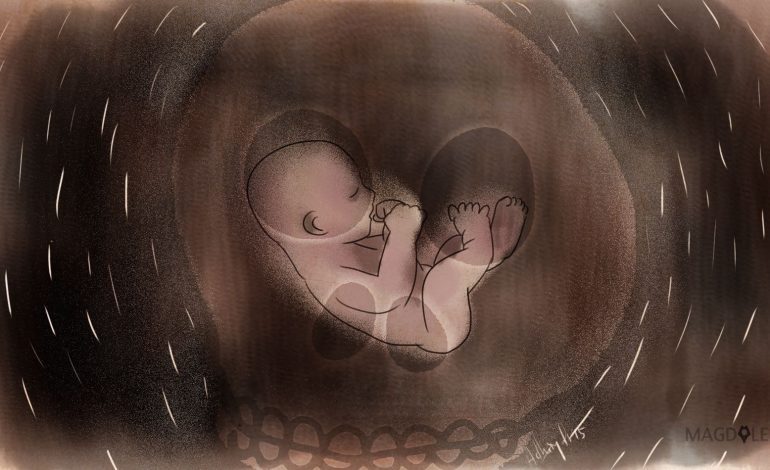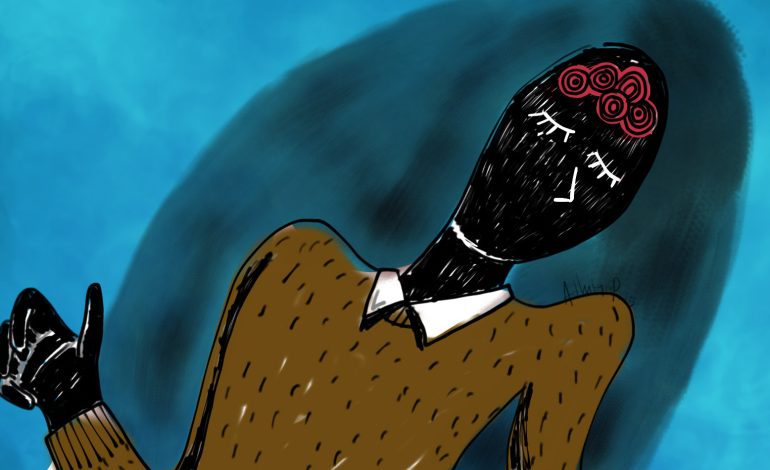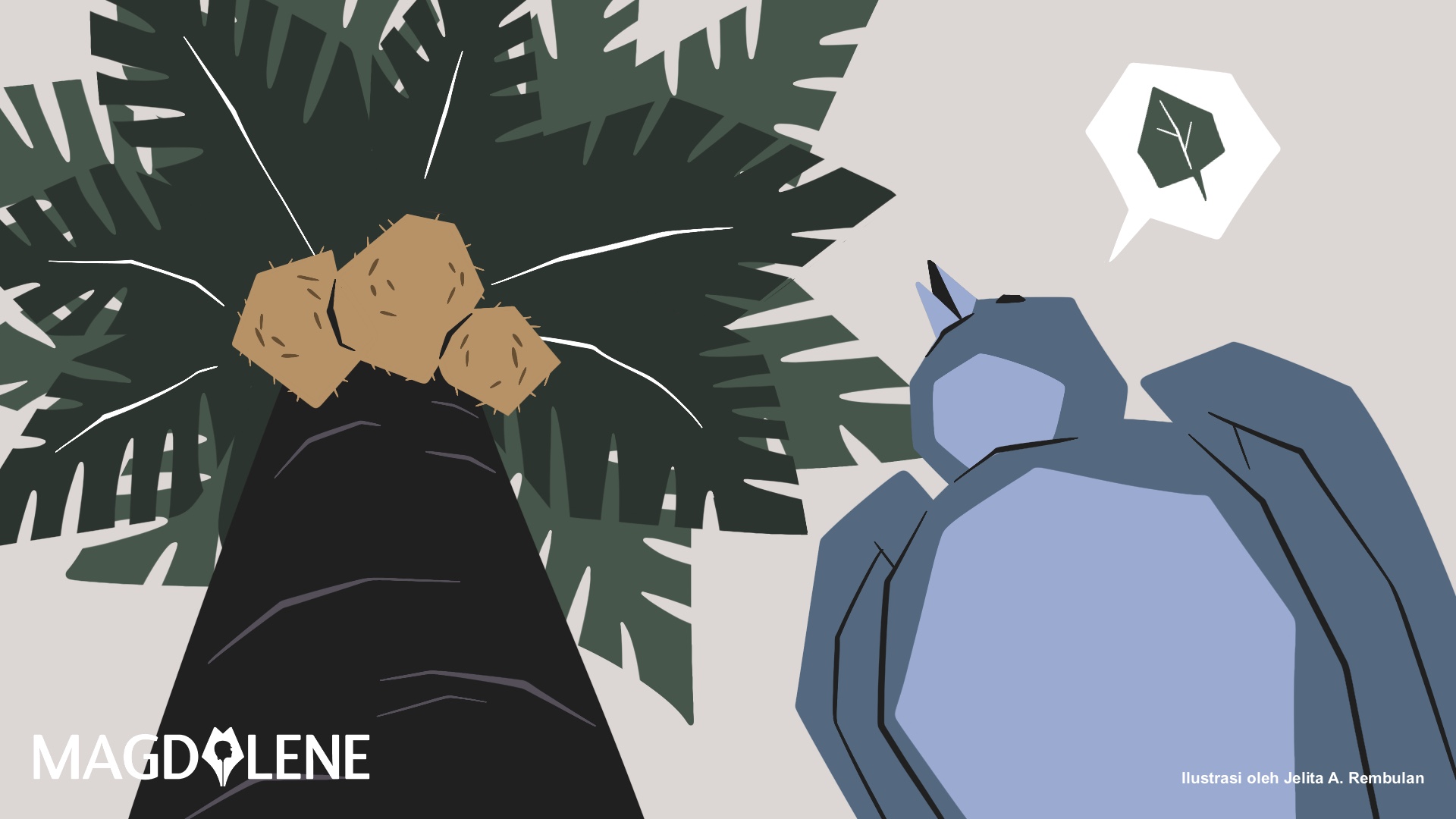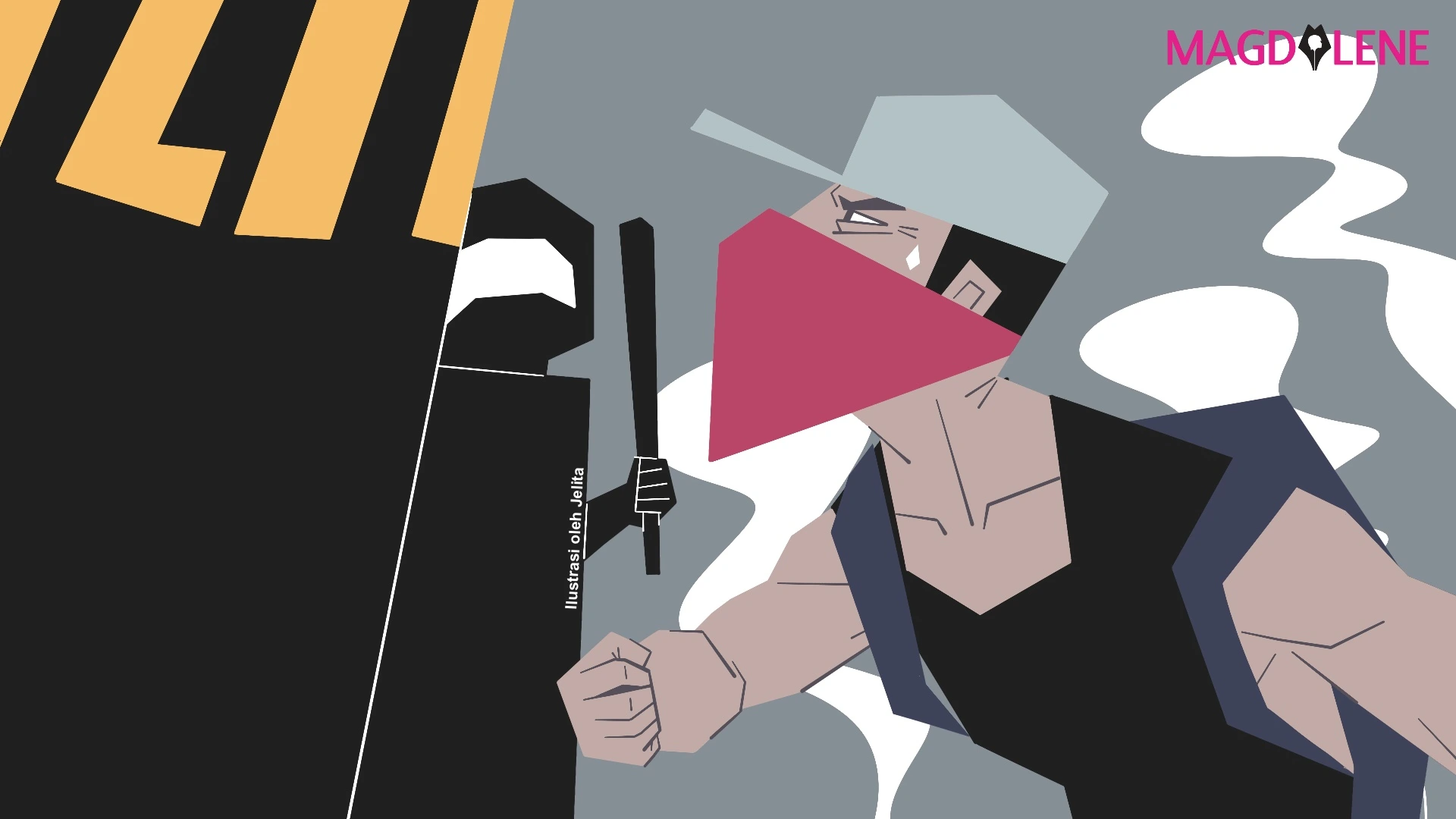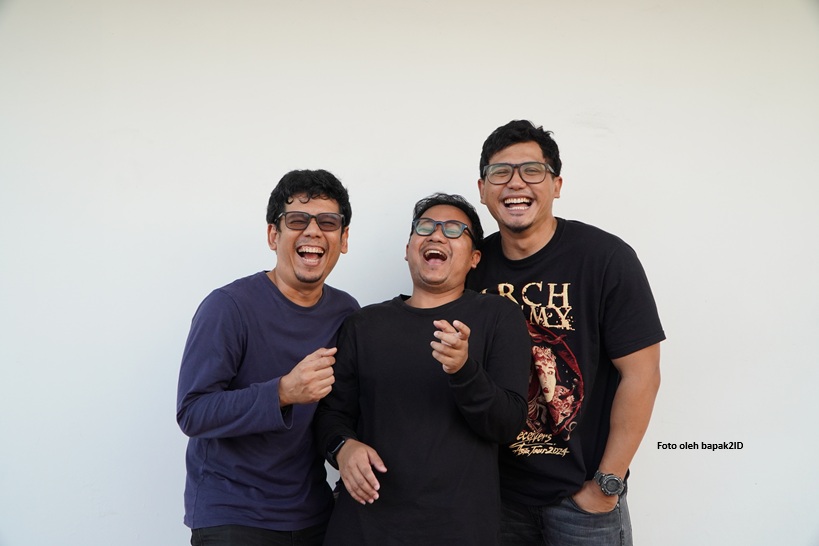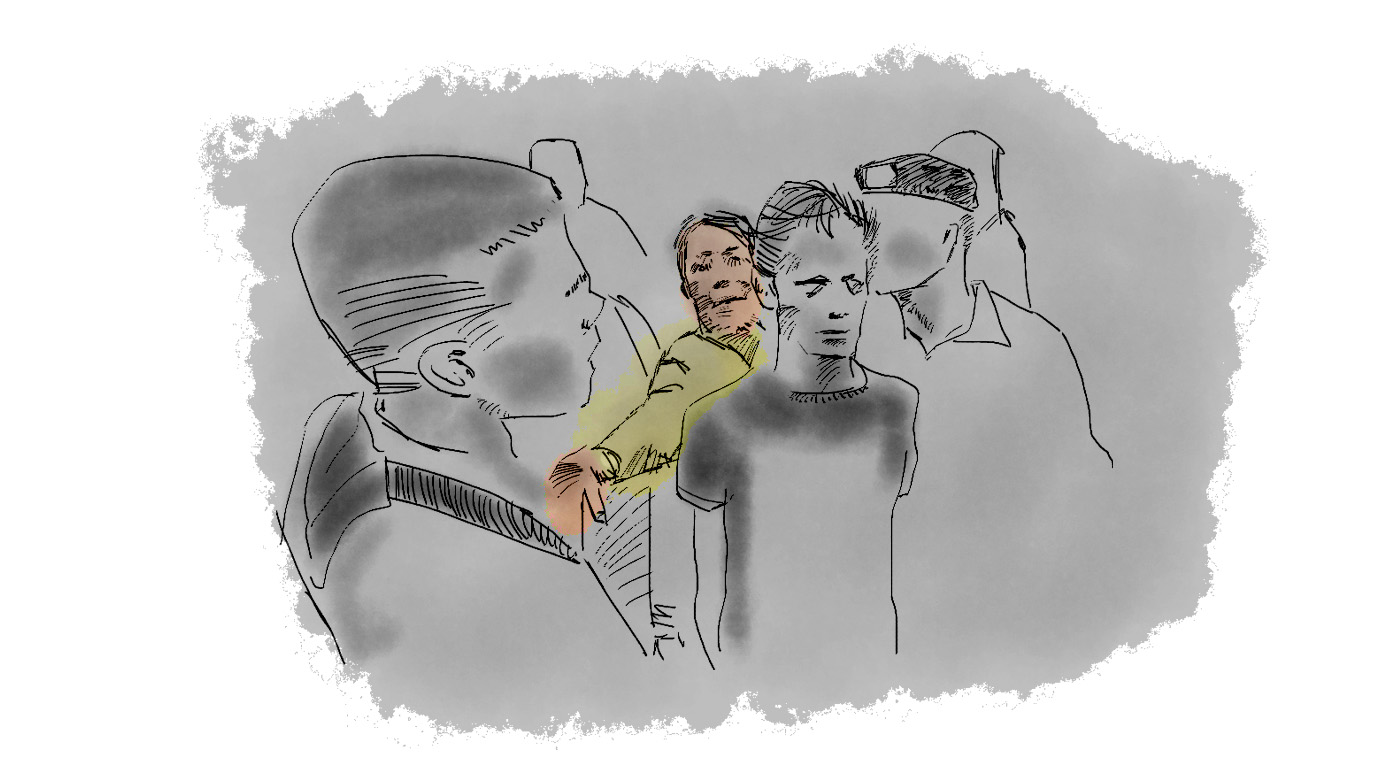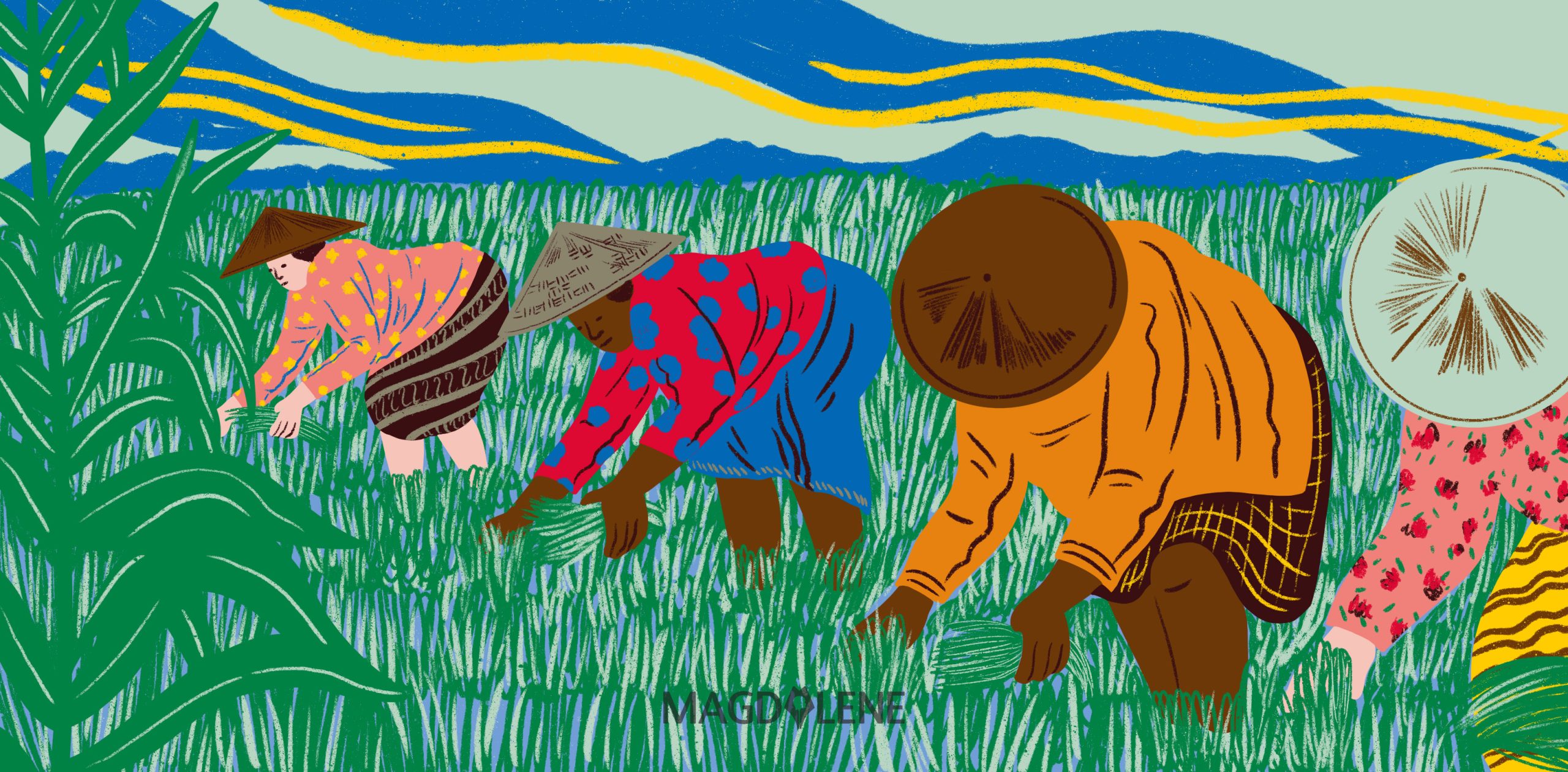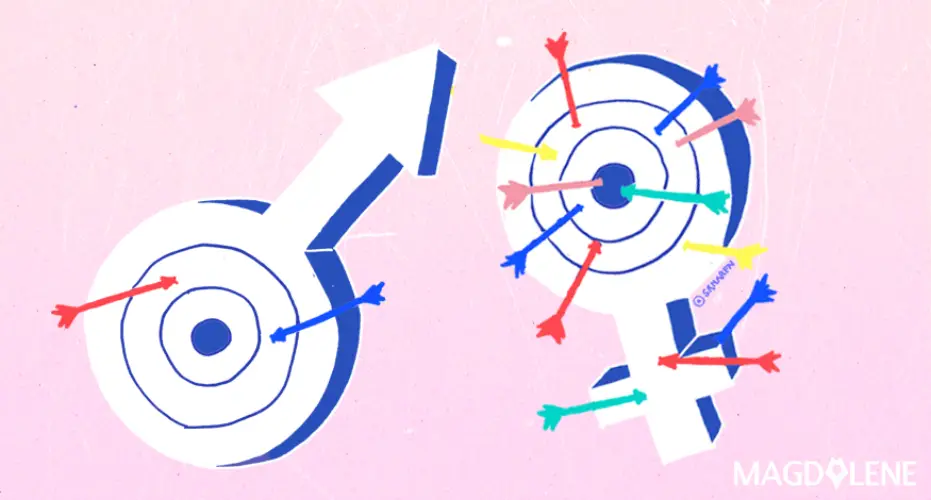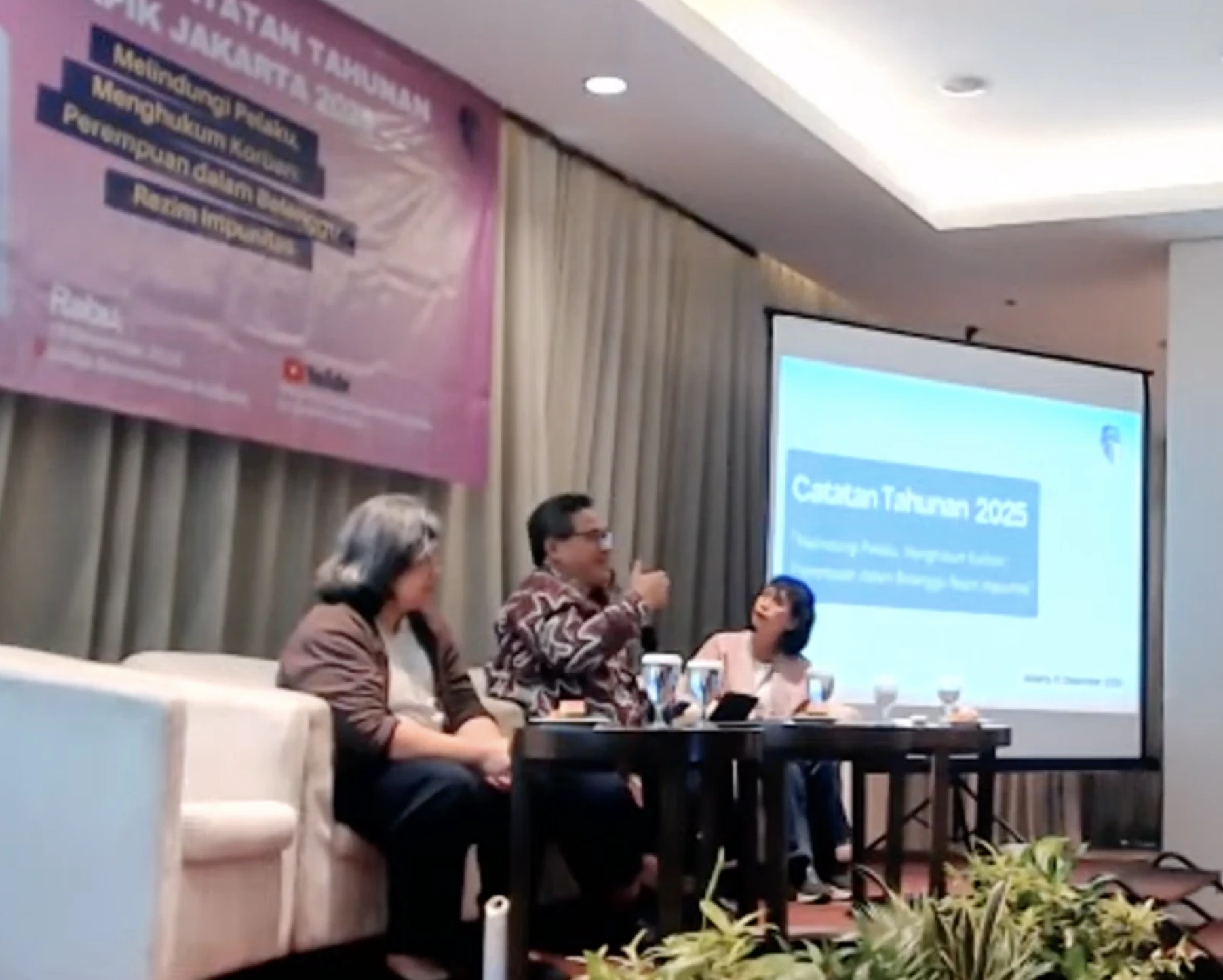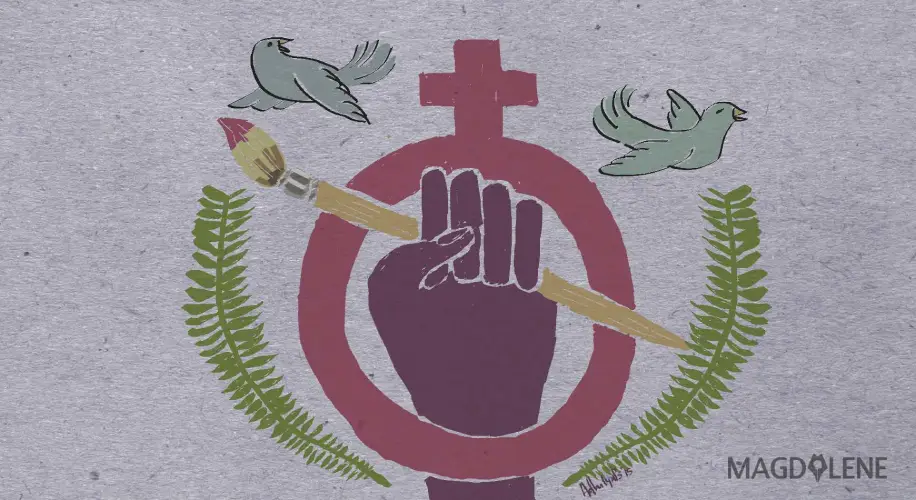Magdalene Primer: In Kendeng, Women vs Cement Factory
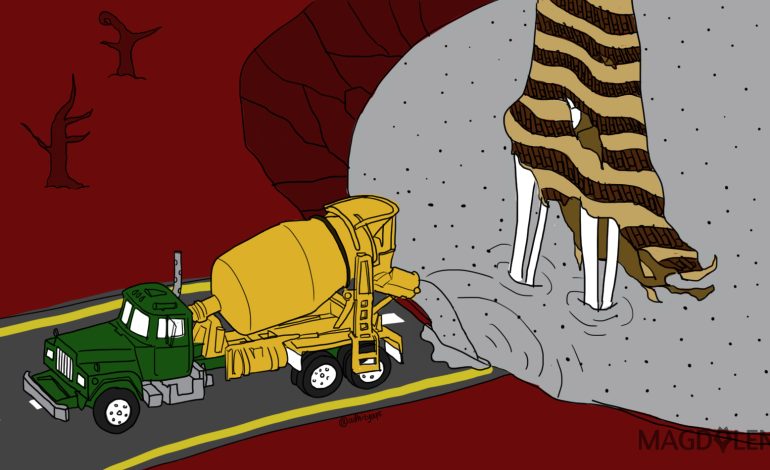
Welcome to our new column “Magdalene Primer”, where we break down a complicated, much-reported, or controversial current issue into bite-sized information to make sense for you.
You may have recently seen their pictures: women farmers sitting with their legs encased in concrete in protest against the construction of a cement factory in Rembang regency, Central Java. The protest, which involved people from villages surrounding the mountainous region of Kendeng, took its first victim last month. Forty-eight-year-old Patmi, died of a heart attack on March 21 after an eight-day sit-in across from the State Palace in Jakarta. Since then, resistance against the factory has continued, carried out by activists in Jakarta and in different parts of Indonesia.
Below is the lowdown on the issue.
What Happened in Kendeng
In June 16th 2014, state-owned cement maker PT Semen Indonesia, the largest and oldest cement manufacturer in Indonesia, officially started the factory construction in Tegaldowo village, Gunem subdistrict, Rembang, Central Java. The construction of Rembang factory is part of their strategy to lower delivery cost as they aim to produce 6 million tons from the factory after its launching this year.
Even during its planning stage in 2012, the factory has invited much controversy. The locals rejected the factory fearing they would lose their farms, due to environmental problems. According to the official website of the Mount Kendeng Community Network (JMPPK), the communities have conducted dialogues with the local government, as well as organized marches and mass demonstration to prevent the construction.
In April 2016, nine women from Rembang, Pati and Purwodadi, supported by women’s and other social justice movements left for Jakarta to stage their protest. They sat with their feet encased in the concrete box in front of the State Palace, an act to symbolize how the cement factory will keep their lives shackled.
In August 2016, President Joko Widodo met with the protesters and decided that the government would run a strategic environmental assessment (KLHS) to assess the area.
In October, the Supreme Court ruled in favor of the farmers and ordered Semen Indonesia to cease activities at the Rembang factory. However, Central Java Governor Ganjar Pranowo later issued a new permit to the company.
Last month, over 60 protesters cemented their feet in front of the State Palace again to demand justice. They included men and women of Kendeng, as well as activists and college students who joined the act to show their solidarity.
The farmers later returned home empty-handed after President Jokowi said he would not meddle with the issue any more, and encouraged them to start another discussion with Governor Ganjar.
Environmental impacts
An observation report released by the National Commission on Violence against Women (Komnas Perempuan) shows that the Mount Kendeng area has been “enormously damaged.” According to the report, the limestone mining have stripped off the tops of Mount Kendeng and left enormous and deep holes on the earth. The damages inflicted make the area highly vulnerable to landslides and floods.
The karst exploration and the plant is located in Watuputih groundwater basin, which is an area designed by the government for water absorption, water flow and the release of groundwater. A report on Tempo English quoted geologist from Bogor Agricultural Institute Untung Sudadi as saying that the groundwater basin and the karst in North Kendeng Mountain plays a very important role for the northern part of Central Java, as it preserves water supply even during the dry season. A regional regulation also designates the area as a geologically protected area.
In addition, Komnas Perempuan’s survey found that traffic created by big trucks to and from the cement factory has caused severe air pollution in the village potentially causing respiratory disease to the population and rendering plants unedible and fodder unsuitable to feed cows and live stocks.
“My house is located pretty close to the cement factory, and the dust is getting heavier every day. It permeates all the rooms,” said Parminah, 50, one of the protesters.
If the mining operation does not stop, it will threaten the local ecosystem and biodiversity, the report said, citing 52 types of medicinal herbs with status “close to extinction.”
Social impacts
The cement factory has also divided the local communities surrounding Mount Kendeng into those who support it and those who don’t, causing social problems, according to Komnas Perempuan. People in the area no longer feel safe living side by side with their neighbors who have different opinion on the cement factory.
The report said women farmers who resist the factory have faced threats and violence, from the local thugs, law enforcers, and their own neighbors. The conflict even causes frictions within families and marriages. Children of families who the oppose cement factory construction reported being intimidated by their teachers and discriminated at school.
Those who support the factory argue that working as laborers for the cement factory workers will improve their lives. But labor union activists were quick to dismiss this theory saying that labor workers usually don’t have power because they don’t own the production tools like farmers. In the end they will only enrich the corporation, the activists said.
There have been accusations that the women of Kendeng who protested against the factory were merely being exploited by activists and non-governmental organizations, a claim scoffed by the activists.
“That means they are saying that the women cannot make their own choice, that the women farmers don’t have the autonomy to decide what to do with their own bodies,” said activist Dhyta Caturani, who has been accompanying the protesting farmers.
The cement factory is said to endanger a local sacred site, the tomb of a woman ancestor, a descendant of a Wali, a Javanese saint or mystic revered for their role in the spread of Islam.
There is also reportedly a cultural shift in the area since the establishment of the cement factory. Small locals-owned coffee stalls have been turned into karaoke places that employ young women to attract customers.
Where We Stand
We believe the central government should be more involved in settling the dispute, and in ensuring that the welfare of the farmers of Kendeng is primary concern. We support Komnas Perempuan’s demand in making sure Governor Ganjar withdraw the permit for the cement factory, as we wait for the result of an independent and transparently held strategic environmental assessment (KLHS).
The assessment process must involve the farmers in conflict with the governor and take into account the vulnerable population, including women and children who will be severely affected by the damage to the ecosystem and the disruption to their livelihoods.
Let’s accompany the people of Kendeng in fighting for their rights to their livelihood and to a healthy ecosystem by continuing to monitor events that will unfold in coming days. Show where you stand on this issue by using hashtags #KendengLestari and #AwasiKLHS on Instagram or Twitter.
Read Ayunda’s piece on a movement in West Timor to change society by educating men to respect gender equality.

